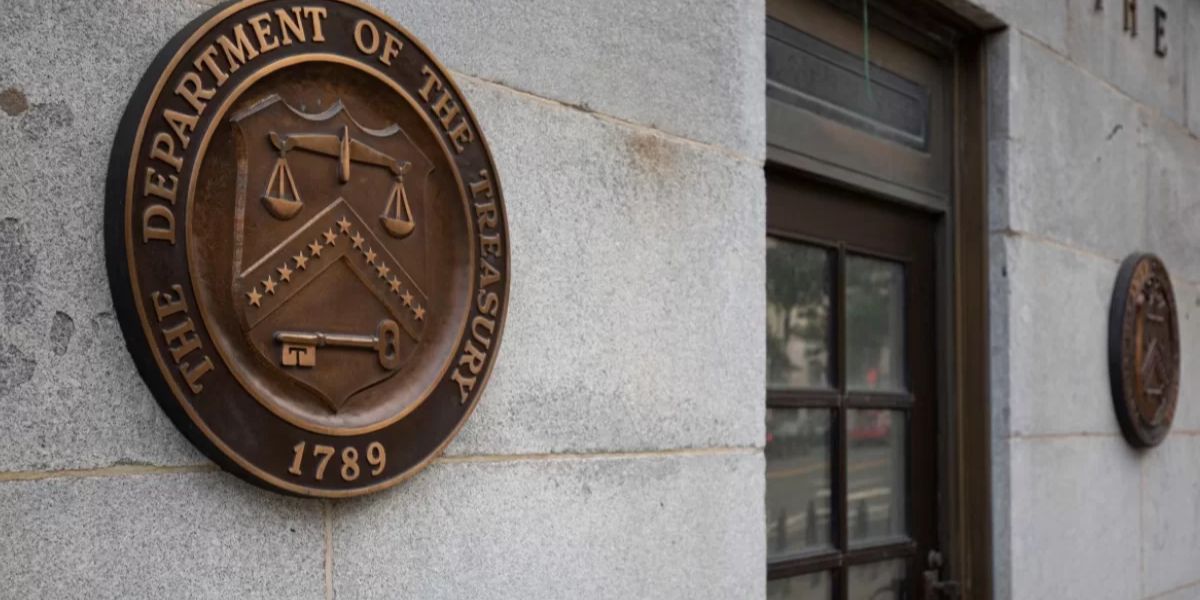The U.S. Treasury Department has imposed sanctions on three Mexican financial institutions accused of laundering millions of dollars for drug cartels involved in fentanyl trafficking.
The Treasury’s Financial Crimes Enforcement Network (FinCEN) announced the sanctions on Wednesday, targeting CIBanco S.A., Intercam Banco S.A., and Vector Casa de Bolsa S.A. The move effectively cuts the banks off from the U.S. financial system.
The action marks the first use of new powers granted under the Fentanyl Sanctions Act and the FEND Off Fentanyl Act, designed to disrupt the financial networks fueling the deadly synthetic opioid trade.
According to FinCEN, the sanctioned institutions “played a longstanding and vital role” in laundering money for Mexico-based cartels and facilitating payments for precursor chemicals used to produce fentanyl. Those chemicals are often sourced from China and India, officials said.
“Financial facilitators like CIBanco, Intercam, and Vector are enabling the poisoning of countless Americans by moving money on behalf of cartels,” said Treasury Secretary Scott Bessent. “Today’s action affirms Treasury’s commitment to using every tool available to disrupt these criminal and terrorist organizations.”
CIBanco holds over $7 billion in assets, Intercam over $4 billion, and Vector, a brokerage firm, manages nearly $11 billion.
The crackdown comes as fentanyl remains a leading cause of overdose deaths in the U.S., though recent data shows a slight decline. In the 12 months ending October 2024, synthetic opioids like fentanyl were linked to 52,385 overdose deaths — a 33% decrease compared to the previous year, according to provisional data from the CDC. Overall overdose deaths dropped by 26%.
Despite the decline, fentanyl remains a significant threat. In 2024, the DEA seized nearly 22,000 pounds of fentanyl, along with over 61 million counterfeit pills, though both figures represented a decline from 2023. Testing also revealed fluctuations in fentanyl purity, with the average pill containing nearly 2 milligrams — enough to be potentially lethal.
The sanctions are part of broader efforts by the U.S. government to disrupt the global fentanyl supply chain, including its financial underpinnings, as officials continue to target both the traffickers and their enablers.








